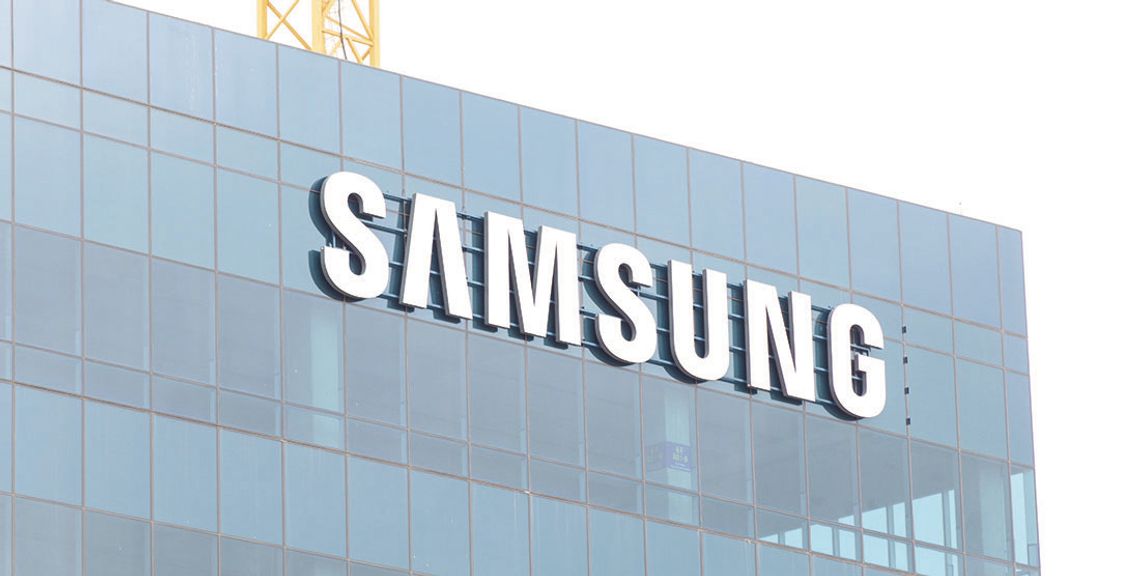Official: Korean press ‘greatly exaggerated’ about Samsung delays
If Taylor seems a little quieter at restaurants and coffee shops these days, it’s because Korean employees of Samsung Electronics Co. Ltd., a now-familiar presence in town, have headed home from their temporary assignments.
“We have seen fewer Korean nationals here over the summer,” said Wayne Mueller, owner and pitmaster at downtown Taylor’s storied Louie Mueller BBQ. “We did see a change in the traffic pattern” in the dining room that seats 150.
Observers in Taylor say they also have noticed fewer people from Korea in area restaurants including Starbucks.
One Korean business publication attributes the dearth of activity to the Yeongtong-gu, Suwon, South Korea-based semiconductor company pulling employees out because of continuing production delays.
The company, however, tells a different story.
A Samsung spokeswoman said a recent Business Korea story is “greatly exaggerated,” and the movement of people out of Taylor is routine for workers on temporary assignments.
“Our Samsung colleagues dispatched from South Korea do so on a short-term assignment,” said Samsung Austin Semiconductor’s Michele Glaze. “This is a normal part of our operations as we rotate people based upon the need and phase of construction or operations. While we appreciated their support, it was time for them to transition back home.”
The Business Korea article, citing unnamed industry insiders and experts, reported that Samsung’s transition from plans to make advanced 4 nanometer (nm) semiconductors to the even smaller 2 nm silicon chips has stalled the full operational phase of the company’s first foundry in Taylor.
The facility, an extension of the Samsung Austin Semiconductor campus in Austin, will cost $17 billion to $25 billion to build, and the company has made a long-term commitment to build at least one more in Taylor to bring investment in the state to $44 billion.
With the demand for even faster processing power to drive the exploding field of artificial- intelligence technologies, companies such as Samsung and major Taiwanese competitor TSMC have come under more market pressure to go smaller.
That requires even more precise equipment and manufacturing processes that can have a higher rate of failure when in mass production.
Business Korea’s sources said that changeover has delayed a late 2024 partial opening of Taylor’s Samsung plant to 2026. Glaze said only that “construction is still underway on for our Taylor fab,” but didn’t provide additional details on timing.
The Korean publication connected the movement of Korean employees out of Taylor to the delays. Local businesses, however, have seen familiar faces disappear and a new crop of temporary employees emerge several times in the last two years, all apparently part of a rotating cycle of duty assignments.
Mueller, who is known for greeting patrons of the restaurant personally, said the many Korean professionals he got to know from their frequent visits disappeared about nine months ago, around the same time that news of possible delays emerged.
A couple of weeks ago, after seeing fewer people from Korea, one of Mueller’s two dining rooms was rented out for a 70-person going away party, but it was unclear how many of them were leaving and how many were just in on the celebration.
Earlier this month, the restaurant hosted the South Korean ambassador to the U.S. and the American ambassador to South Korea after they visited the Samsung site as part of a three-state tour where South Korean interests are creating many thousands of jobs in the U.S., especially in the semiconductor field.
Samsung Electronics landed a $6.6 billion federal grant under the U.S, CHIPS and Science Act to incentivize semiconductor production and research in the U.S. The company has indicated it could build up to 11 more foundries between the Taylor and Austin locations, each of which has ample acreage to expand over the next two decades.




